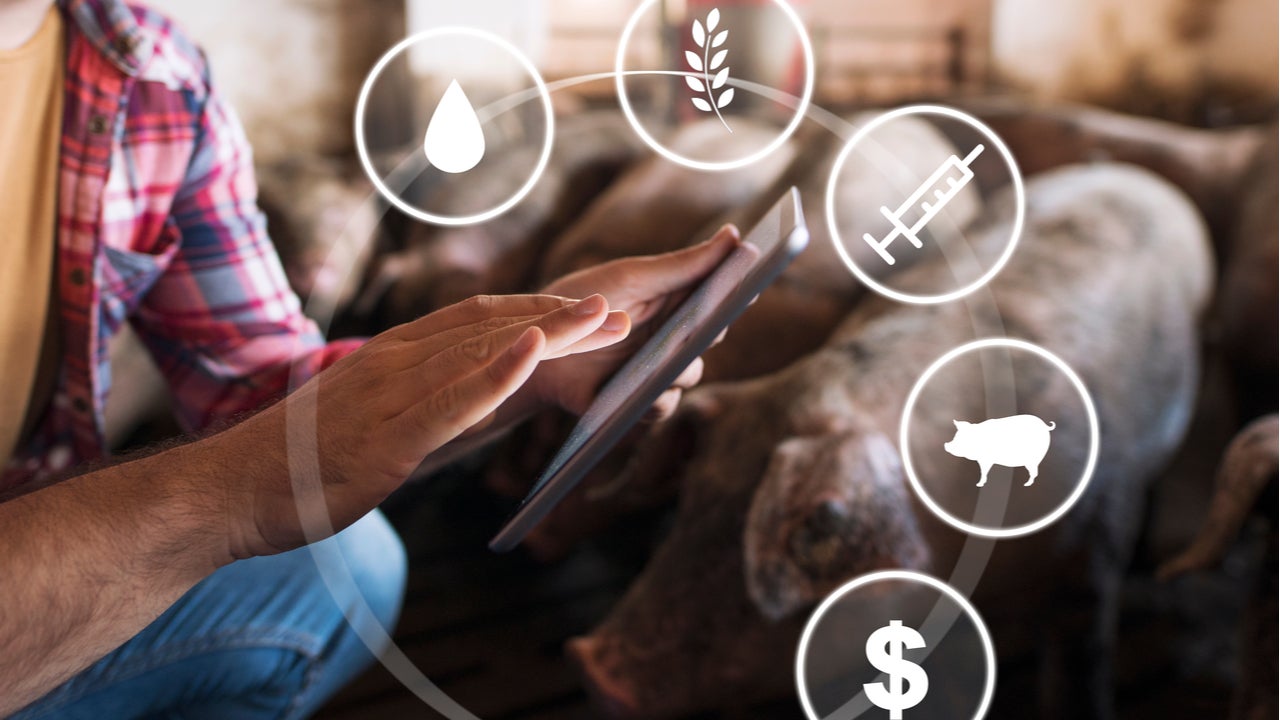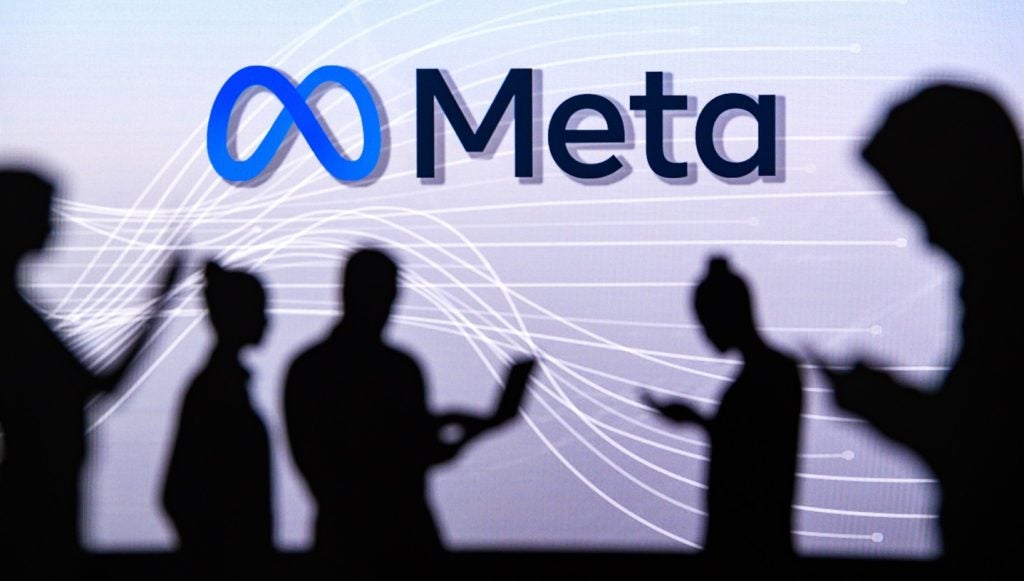Chinese telecoms giant Huawei is developing technology for pig farming as it continues to grapple with tough sanctions on its smartphones.
Huawei has stated that it is launching an artificial intelligence pig farming project in a bid to modernize pig farms, with the technology being introduced to detect diseases and track pigs. China is home to the world’s largest pig farming industry and is home to half the world’s live hogs.
Facial recognition technology will enable farmers to identify individual pigs, while other technology will also help monitor their weight, diet and exercise.
This technology has become increasingly sought after due to challenges facing the industry is recent years. African swine fever broke out in China in August 2018 and has since spread to every part of country, slashing China’s pig population by a half and wiping out an estimated 25% of pork production.
Huawei isn’t the first the company to foray into pig farming. Other tech giants, including JD.com, NetEase, and Alibaba, have all sought to bring new tech to pig farming in China, due to its importance as an industry.
Pig farming tech is one way to beat trade sanctions
The company’s push into new growth areas is to counter its struggling smartphone business, which has been hit by continued US trade sanctions. Huawei’s smartphone sales plunged 42% in the last quarter of 2020 as it struggled with a limited supply of microchips due to the sanctions.
How well do you really know your competitors?
Access the most comprehensive Company Profiles on the market, powered by GlobalData. Save hours of research. Gain competitive edge.

Thank you!
Your download email will arrive shortly
Not ready to buy yet? Download a free sample
We are confident about the unique quality of our Company Profiles. However, we want you to make the most beneficial decision for your business, so we offer a free sample that you can download by submitting the below form
By GlobalDataFormer US President Donald Trump made claims that Huawei could share customer data with the Chinese government, which Huawei has repeatedly denied. Due to this, the company has been limited to making 4G models as it lacks US government permission to import components for 5G models, which has dragged down sales.
Amid rising fears over national security Huawei has also been locked out of the development of 5G in a number of countries, including the UK, which has damaged its standing around the globe.
Reports have suggested that it will reduce its manufacturing of smartphones by up to 60% this year, although it said it can’t confirm this figure. With no sign of sanctions being lifted, the company is seeking new ways to generate revenue and make up for the loss of sales.
Diversifying revenue streams could pay off long term
Ren Zhengfei, Huawei founder and chief executive, also announced last week the launch of an intelligent mining innovation laboratory in Taiyuan, which is the capital of China’s northern coal hub of Shanxi province. Ren also revealed his desires to create coal mines that will lead to “fewer workers, greater safety, and higher efficiency” and enable coal miners to “wear suits and ties” to work.
During a round-table meeting at the event, Mr Ren said the company is also expanding into consumer products such as televisions, computers and tablets. Although sanctions are having a negative impact on the smartphone segment, it is forcing the company to diversify, which could prove fruitful in the long term.









Related Company Profiles
JD.com Inc
NetEase Inc